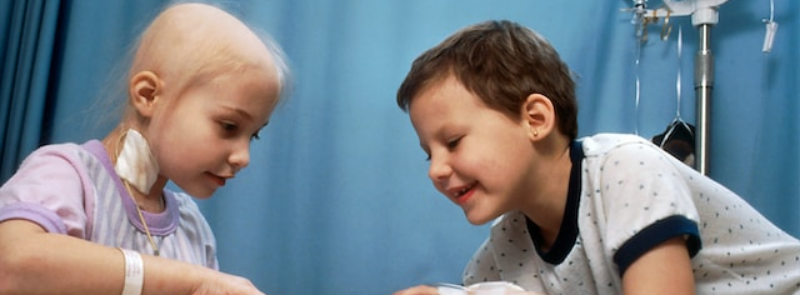
When It Occurs
Every February 4th
Official Website
Timeline
Days Passed (1114)
# Hashtags
#WorldCancerDay #CancerAwareness
On February 4th, World Cancer Day is observed globally, with the objective of enhancing awareness about cancer and promoting its prevention, detection, and treatment.
The Union for International Cancer Control (UICC) spearheads World Cancer Day in alignment with the goals outlined in the World Cancer Declaration of 2008. The day strives to prevent millions of deaths annually by fostering awareness and education regarding cancer. Additionally, it concentrates on examining the socioeconomic factors contributing to disparities in cancer prevention, incidence, and survival. These factors encompass cultural and gender norms, income and education levels, as well as biases related to age, gender, ethnicity, disability, and lifestyle.
Origin and History
-
Establishment: World Cancer Day was founded by the Union for International Cancer Control (UICC) to mobilize global action against cancer and raise awareness about its prevention, early detection, and treatment.
-
Date: It has been observed annually on February 4th since 2000, marking the adoption of the Charter of Paris Against Cancer in 2000.
Objectives and Goals
-
Awareness: Raise public awareness about cancer, its signs, symptoms, risk factors, and preventive measures.
-
Education: Educate individuals, communities, and governments about the importance of early detection through screening programs and self-examinations.
-
Advocacy: Advocate for policies and initiatives to improve cancer prevention, treatment, and care globally.
Themes and Campaigns
-
Annual Themes: Each year, World Cancer Day focuses on a specific theme related to cancer prevention, treatment, or advocacy. Themes often highlight different aspects of cancer control and survivorship.
-
Campaigns: The UICC, along with governments, non-governmental organizations (NGOs), healthcare providers, and cancer survivors, organizes campaigns, events, seminars, and educational programs to promote awareness and action on cancer.
Impact of Cancer
-
Global Burden: Cancer is a leading cause of death worldwide, responsible for millions of deaths each year. It affects individuals of all ages and socio-economic backgrounds, posing significant health and economic challenges.
-
Types of Cancer: There are over 100 different types of cancer, each with unique risk factors, symptoms, and treatment options. Common types include lung cancer, breast cancer, colorectal cancer, prostate cancer, and skin cancer.
Prevention and Early Detection
-
Lifestyle Changes: Encouraging healthy lifestyle choices such as avoiding tobacco use, maintaining a balanced diet, regular physical activity, and limiting alcohol consumption to reduce the risk of developing cancer.
-
Screening Programs: Promoting participation in cancer screening programs for early detection of cancers such as breast, cervical, colorectal, and prostate cancers, which can improve treatment outcomes and survival rates.
Support and Care
-
Patient Support: Providing psychosocial support, palliative care, and access to affordable cancer treatment and medications to improve quality of life for cancer patients and their families.
-
Survivorship: Celebrating cancer survivors and highlighting their stories of courage, resilience, and hope to inspire others and raise awareness about life after cancer treatment.
Global Collaboration
- International Cooperation: World Cancer Day encourages collaboration among governments, healthcare professionals, researchers, advocates, and civil society to address the global cancer burden, share best practices, and work towards achieving universal health coverage.
Conclusion
World Cancer Day serves as a platform to unite individuals, communities, and organizations worldwide in the fight against cancer. By raising awareness, promoting prevention strategies, advocating for equitable access to cancer care, and supporting cancer patients and survivors, the day underscores the importance of collective action in reducing the global impact of cancer. It inspires hope, fosters solidarity, and reinforces the commitment to improving cancer prevention, treatment, and quality of life for all those affected by this complex disease.


